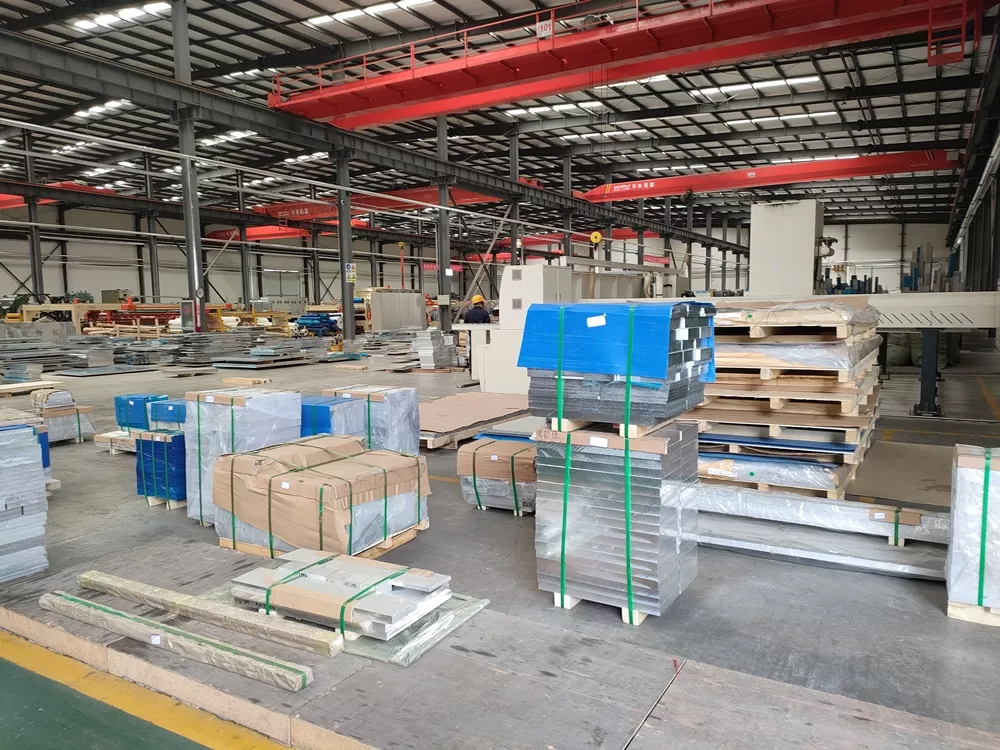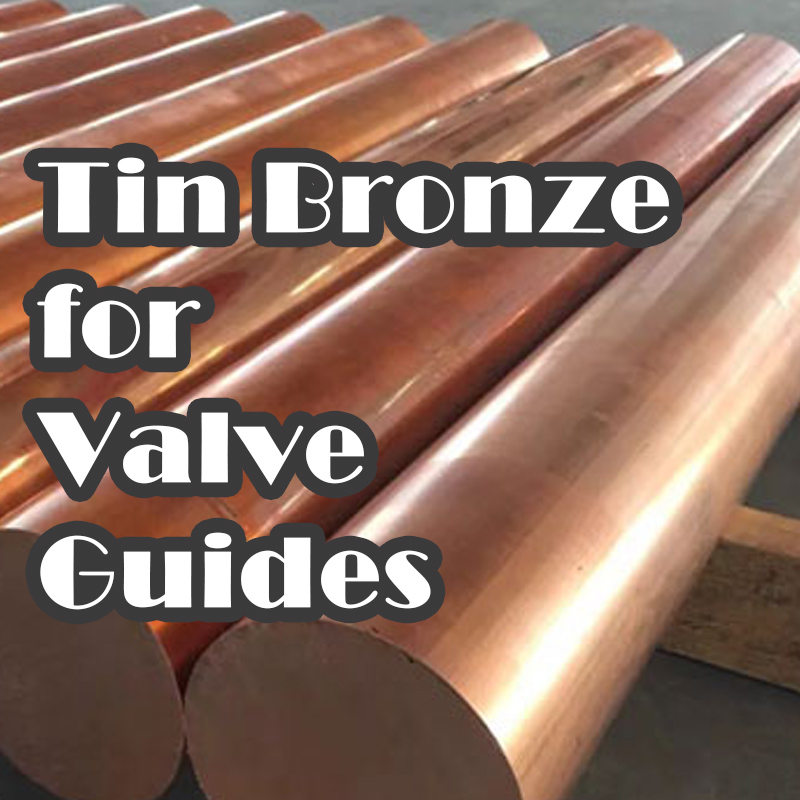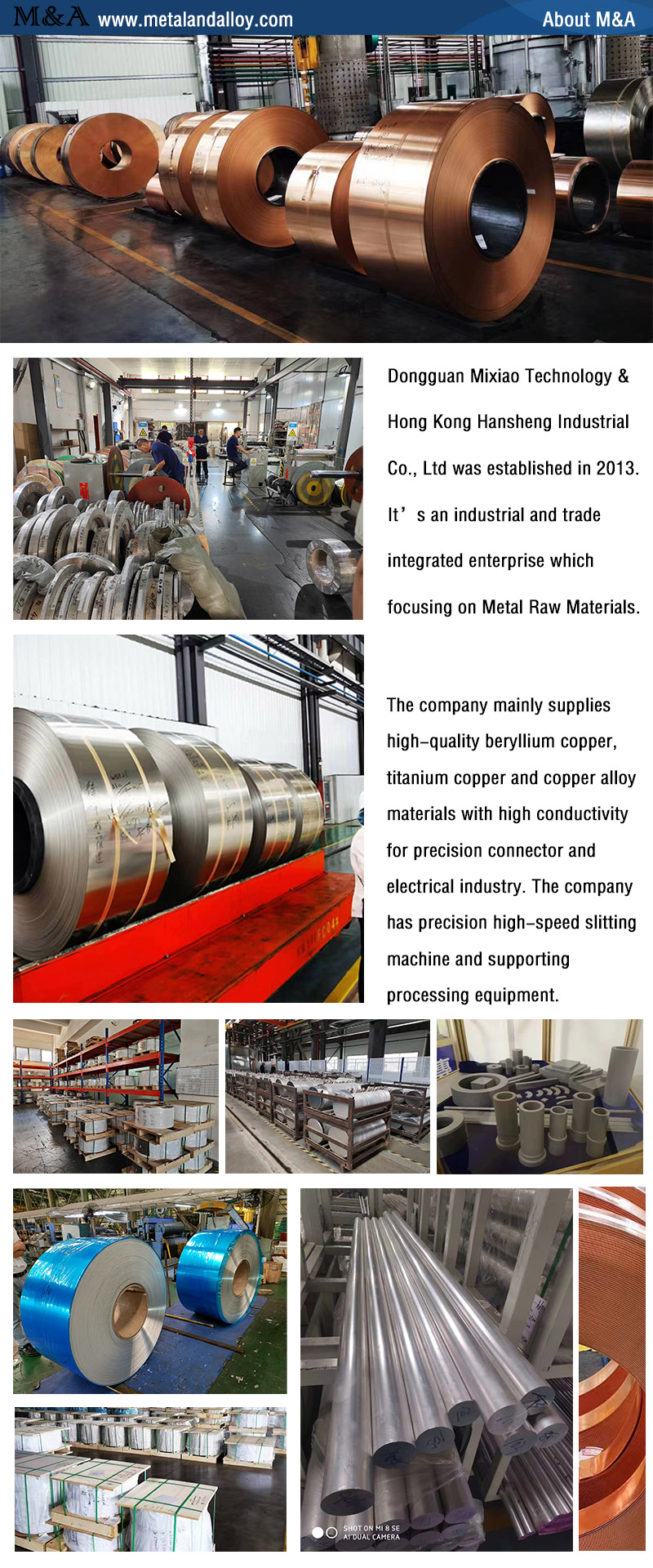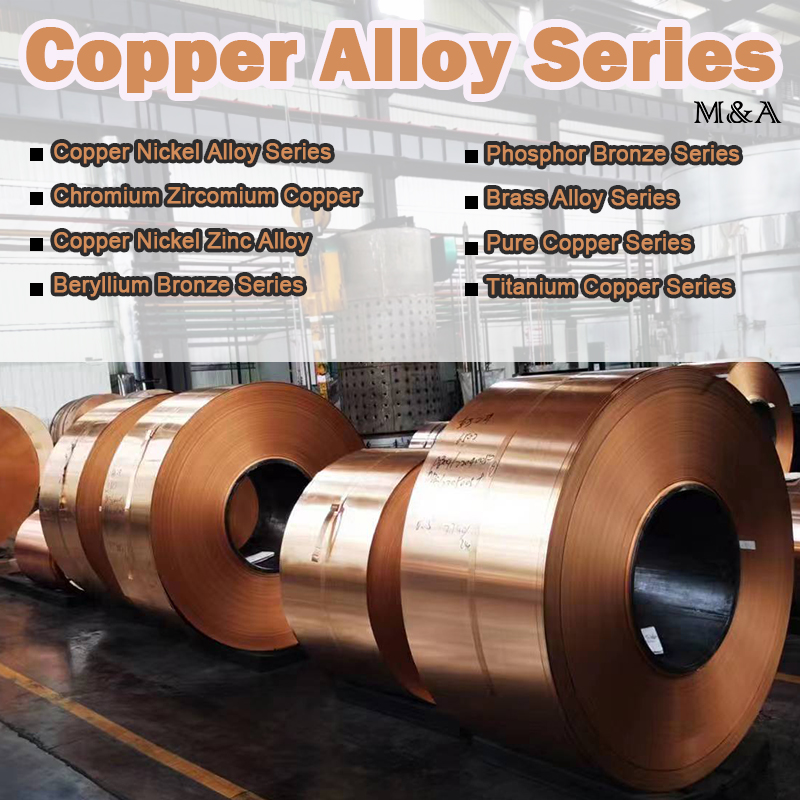Internal combustion engines rely on the specific properties of several metals. Each function of the engine requires the metal used to operate reliably. There have been several materials that are normally used for valve guides.

Cast iron for small engines.
Tin Bronze (North American UNS C90500, German CuSn10Zn, British G1) for piston airplane engines.
Aluminum bronze (North American UNS C95400, German CuAI10Fe, British AB1) for high temperature applications.
Other alloys such as manganese bronze and leaded phosphor bronze have been used sporadically.

C90500 tin bronze is a member of the gear bronze family. These tin bronzes are all known for wear resistance and good thermal conductivity.
High hardness does not always mean a metal is wear resistant. Hardness may be raised by cold work or alloying with a metal that raises hardness, but not wear resistance. True wear resistance requires definite properties.
The metal matrix should have a second phase, finely dispersed, that has a low coefficient of friction and wear resistance. These particles act as small slide bearings that contact the valve stem, but do not abrade it. Alloy C90500 has a strong bronze matrix (alpha phase) with a fine dispersion of the hard, slippery delta phase.
As this alloy is poured into the continuous casting die, the liquid is initially 88% copper - 10% tin - 2% zinc. As the material solidifies, the growing crystals absorb tin at a decreasing rate as the casting freezes. As a result, the last metal to freeze between the crystals has a tin content that freezes as a different crystal type. This last metal to freeze is the delta phase. It is this phase that makes the alloy wear resistant.
The hardness of the alpha phase is typically Rockwell 75B, whereas the hardness of the delta phase is Rockwell 30C (converted from Vickers 294). The delta phase is superior to other possible second phases (silicides, aluminides, etc.). This delta phase may not be the "hardest", but it has better wear resistance.
The alpha phase in manganese silicon bronze is prone to galling, whereas the alpha phase in C90500 is a copper tin alloy that has been used to make strong sleeve bearings for over 200 years.
We are also of the opinion that continuous cast C90500 is a better choice for valve guides than any extruded alloy. in an extrusion, the second phase is present as stringers of particles in the extrusion direction. The phosphor bronzes can not be extruded over 5% tin content and the stringers do not cover the valve stem as completely as the random and larger quantities of delta phase found in C90500. whether the stringers are delta (C54400 phosphor bronze) or manganese silicide stringers - they are all stringers.

In sliding or rotary contact, stringers are undesirable. Tribologists have documented that bronze bearings are more wear resistant if the second phase is randomly and finely dispersed.
The properties of continuous cast C90500 are strictly derived from chemistry. There is no applied heat treatment and the metal is not cold worked. Both the heat treated and cold worked metals will lose their strength when subjected to high temperatures.
One other feature of the tin bronzes is that the tin content allows the formation of polar molecules on the bearing surface. This is the most desirable effect, especially where valve stem lubrication is meager and temperatures are high.
